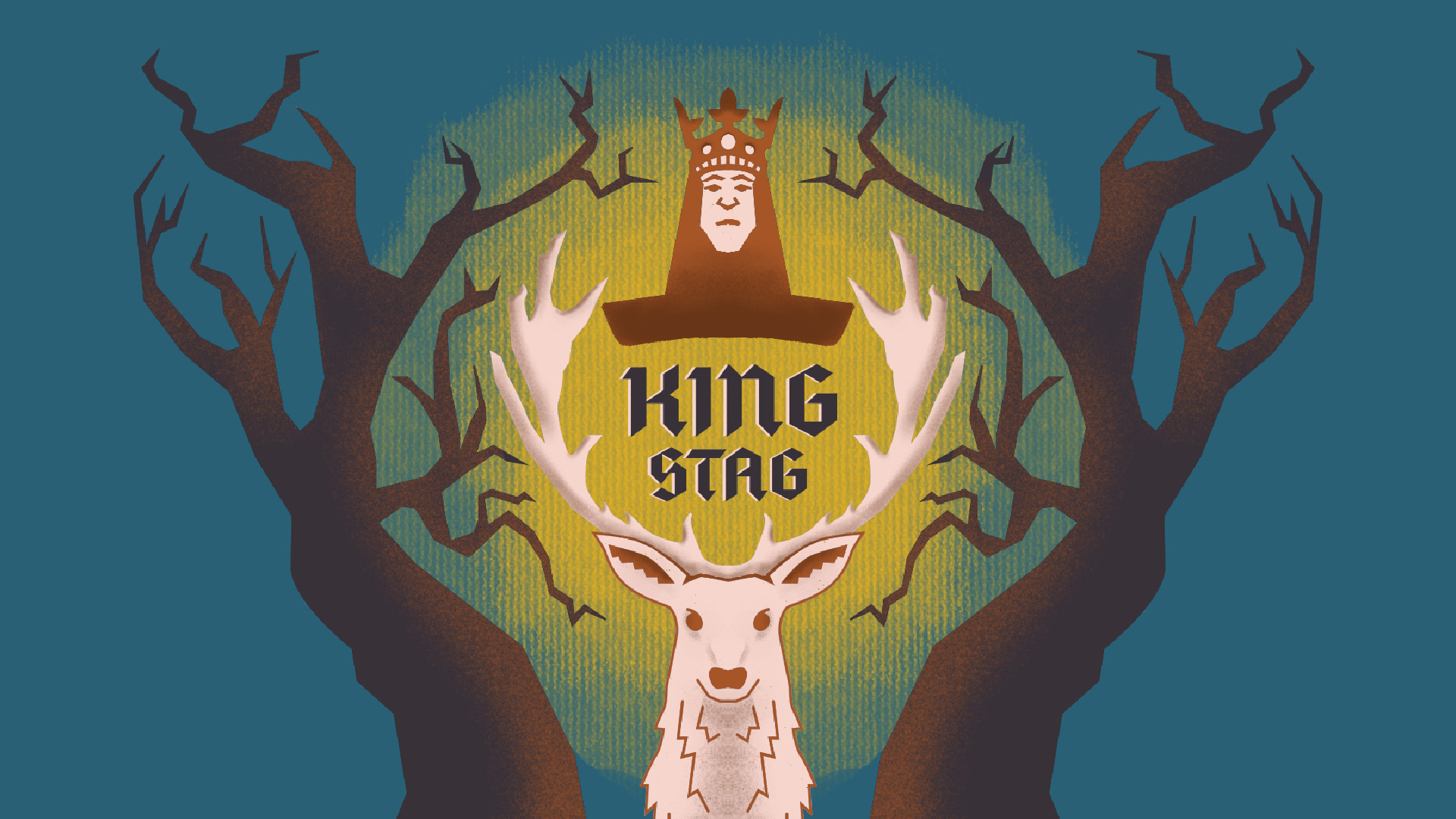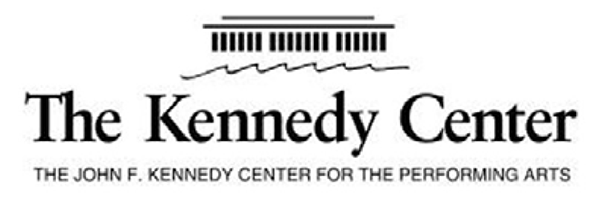

Deramo
Jordan Briggs
Angela
Aspen Thompson
Pantalona
Marta Myers
Tartaglia
Isaac Gates
Clarice
Dominique Morrison
Leandro
Carter Anderson
Brighella
Julia Wihongi
Smeraldina
Michelle Adams
Truffaldino
Skylar Lees
Durandarte
Coco Galli King
Foley Artist #1
Addie Bowler
Foley Artist #2
Caleb Voss
Assistant Stage Manager
Triniti Murray
Stage Hands
Caroline Clawson
Props Master
Brooklyn Ashby
Dressers
Wen Chen Lee
Dallin Suman
Light Board Operator
Billy Horman
Audio Engineer/Sound Board Operator
Ryan Migliore
Hair and Makeup Supervisor
Madeline Smith
Makeup Technician
Addie Wray
Makenna Ashby
Camera Director
Cleveland McKay Nicoll
Camera Switcher & Streaming Technician
Andrew Domyan
Costume & Makeup Design Faculty Mentor
La Beene
Lighting, Sound, & Stage Manager Mentor
Graham Whipple
Dramaturgy Mentor
Janine Sobeck Knighton
A few global pandemics ago during the Renaissance, troupes of skilled Italian improv actors would travel around, entertaining peasants with a theatrical form that was bawdy and brilliant: commedia dell’arte. These thespians would arrive to town a few days before their performance to eavesdrop on the local gossip. The people of that village would then see a comedy show that was tailored to them, sending up public figures and current events. These traveling players soon gained notoriety throughout Europe, and commedia dell’arte became a popular form of entertainment for the people of that time as well as generations to come.
Today we have our own sources of entertainment to pass the time, like streamed shows we can’t binge fast enough or Tik Tok videos that inspire full musicals. In these turbulent times we, like the theatre artists before us, would like to present you with a few short hours of escape, a performance that was crafted especially for Utah County in 2021. Nothing is safe, from The Bachelor, Betty White, or Vivint Solar. We’re delighted to have you join us on this adventure full of confessions, coups, and Crumbl cookies.
‑ Matt Oviatt, Dramaturg
Siorella mia—“my sister”
Tartaglia—from “tartagliare” or “to stutter”
Zecchini—plural, gold coins
MO:
How did you come about adapting King Stag?
JSK:
I have had a very long love affair with commedia dell’arte. I was talking with Lisa Hall (who was department chair at the time) about a work that I would be excited to bring to the UVU stage, and I had long wanted to translate and adapt a commedia piece. And so I pitched that, because I love commedia and I wanted to expose our students and our audiences to commedia, plus because it was a good chance for me to try my hand at translating and adapting. I did a first draft which was a literal translation, which was just me going through and translating the script word by word. And then I took it into a workshop at UVU, the New Script Workshop, where I worked with students for six weeks on the first round of the adaptation, and then two years later it went into production.
MO:
Did you discover anything during that workshopping process, from the translating to the new script workshop?
JSK:
It was a rediscovery of what a delightful story it is. Commedia dell’arte was performed by troupes of actors that would travel around what would be known as Italy (as well as the rest of Europe and even into Asia). One of the things that they often did before their first performance in a new town was spend some time with the locals, listening to conversations and gossip, you know, what was happening, and it was very common for the things that they learned to make their way onstage. That was something that I really wanted to include in the adaptation process, that even though the play itself we’re keeping in a fairly classic fairytale time, that there was a lot of connection to our local audience. So that was a lot of fun working with the original workshopping cast, but it has also been a lot of fun with the new cast, because there’s a two year gap between when we did that workshop and the production, so some of those jokes were just out of date. New references and new things got to be included in this production, which has been a lot of fun.
JSK:
The other thing that I really focused on in that original workshop was gender, and there are two aspects of that. One, as is very common in a lot of classic shows, commedia scripts are very maleheavy, so there’s lots of great male characters and a sprinkling of female characters. I wanted to see how I could play with the script to bring more equity between the amount of male and female characters onstage and also play with the types of women that are shown onstage. The Angela character, for example, in the original script, is kind of a wimp. (Laughs) She spends a lot of time crying and bemoaning things. I was really interested in transforming Angela into a character that has her own wants and her own passions and her own drive, who is not just a girl who sits and cries in the corner, but takes action, both so that she would be a more interesting character to watch, but also a much more interesting character to play for the actress.
MO:
And you did a wonderful job with that. I’m not going to spoil anything, but bravo.
JSK:
(Laughs) Thank you.
MO:
What’s your opinion on the value of translating or of adapting classical works for today’s audiences?
JSK:
I think it is always valuable to learn from our past, and to learn from our history. For me, the adaptation is really about helping modern audience connect to and hopefully fall in love with this particular genre of theatre, that they can understand its popularity, that they can delight in it as much as the original audiences. Particularly for commedia, a lot of that delight was the connection with the audience, seeing themselves onstage. So I think that for a modern audience to truly experience commedia, you have to have that same sort of connection, which is harder to do when you’re using a stilted language, references that no one understands, and jokes that were really funny three hundred years ago but don’t mean anything to an audience now. You have to go through the same process that the contemporary writers were doing with their audiences to delight and amaze them.
MO:
What is your favorite moment in the script?
JSK:
Oh, that’s so hard! I have so many favorite moments! I still think, to this day, my favorite line is when Brighella accuses Leandro of not having a loaded gun, and he retorts that it’s “loaded with kindness”, because I think that just captures his character so brilliantly.
MO:
Brighella, Leandro, and Pantalona together in the woods is always one of the highlights for me watching the show for sure. Last question: What would the world be missing without your play?
JSK:
I think on one level is that the world would be missing some laughs. Comedy is so important. It’s important at all times, but I think especially for in times like now with the pandemic and the quarantine and the amazing amount of turmoil that is happening in so many aspects of our society right now, the ability to gather in a room with people, whether that’s physically or virtually, that there is something so needed to have a time where there can be a lightness of souls. I know for myself, just being in the process and being able to come and laugh every night, has been so good for me and my outlook.
One of the characteristics of original commedia was stock characters, these highly recognizable characters that are driven by motives and personalities that we see and understand daily. I find it so fascinating that hundreds of years later, those stock characters, which are coming to us from a different time, culture, and a different language, resonate. I think particularly in a time where there’s so much division that to be able to look at a piece like King Stag that was written so long ago in, you know, for us in Utah, a very different time and culture, that we can see ourselves in these characters, and that there is something important in recognizing that there’s a lot more that unifies us than…disunifies? Is that the word? I don’t know if that’s the word.
MO:
Than divides us.
JSK:
Than divides us. There you go, thank you (laughs). That there’s a lot more that unites us than divides us. And yes, they may be silly characters, but I think the world needs more reminders that we are more alike than we think we are.
*Note to readers, “disunifies” is a legitimate word.

The Kennedy Center American College Theater Festival is sponsored by the U.S. Department of Education; Dr. Gerald and Paula McNichols Foundation; The Honorable Stuart Bernstein and Wilma E. Bernstein; the Kennedy Center Corporate Fund; and the National Committee for the Performing Arts.
This production is entered in the Kennedy Center American College Theater Festival (KCACTF). The aims of this national theater education program are to identify and promote quality in collegelevel theater production. To this end, each production entered is eligible for a response by a regional KCACTF representative, and selected students and faculty are invited to participate in KCACTF programs involving scholarships, internships, grants and awards for actors, directors, dramaturgs, playwrights, designers, stage managers and critics at both the regional and national levels. Productions entered on the Participating level are eligible for inclusion at the KCACTF regional festival and can also be considered for invitation to the KCACTF national festival at the John F. Kennedy Center for the Performing Arts in Washington, DC in the spring of 2011.
Last year more than 1,300 productions were entered in the KCACTF involving more than 200,000 students nationwide. By entering this production, our theater department is sharing in the KCACTF goals to recognize, reward, and celebrate the exemplary work produced in college and university theaters across the nation.
Chair, Associate Professor
LA BEENE, MFA
Associate Chair, Associate Professor
JULIE HEATON, MFA
Administrative Assistant
CURTIS CLUFF, MFA
Associate Professor
AMANDA CRABB, MM
Assistant Professor
JENNIFER DELAC, MFA
Lecturer
ELIZABETH GOLDEN, MFA
Lecturer
M. CHASE GRANT, MFA
Professor
LISA HALL, PHD
Professor
LAURIE HARROP-PURSER, MFA
Lecturer
SHANNON HUTCHINS, MFA
Assistant Professor
RICHARD LORIG, MFA
Professor
JOHN NEWMAN, PHD
Assistant Professor
STEVEN RIMKE, MFA
Lecturer
GRAHAM WHIPPLE, MFA